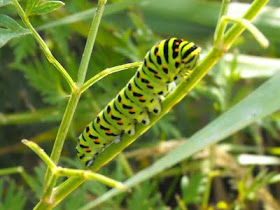My last full week on holiday before going back to work, and an attempt to get a bit of variety in. A trip back to my home town of North Walsham on Wednesday, from where I walked to Edingthorpe, round via Knapton and back along the Paston Way. Bugger all about bird-wise, but if you like churches then I heartily recommend Knapton, it has one of the best examples of ornate roof carvings in the county.
.
Whilst watching the weakest link, my faith in human nature reached new depths when a science student, when asked "which mammal beginning with P is similar to a dolphin" answered "umm, Pelican?" Idiot.
.
A trip on Thursday to West Runton involved a drive through Cromer, where someone had painstakingly covered over the "Twinned with Crest" to read "Twinned with Royston Vasey". Vandalism isn't big or clever, but it does seem that bit less offensive if it makes a valid point. Rock-pooling was good fun, but we didn't catch anything that was more than an inch long.
.
Seawatching on Saturday produced a moderate Manx Shearwater, Gannet and Fulmar passage east, with one Red-necked Grebe west. Kelling Meadows held a Wood Sandpiper and a Green Sandpiper, Gramborough Head had one young Willow Warbler, and the hillock west of Salthouse had 7+ Wheatears. I have genned up on American Black Terns in case these westerlies carry on for the next month.


